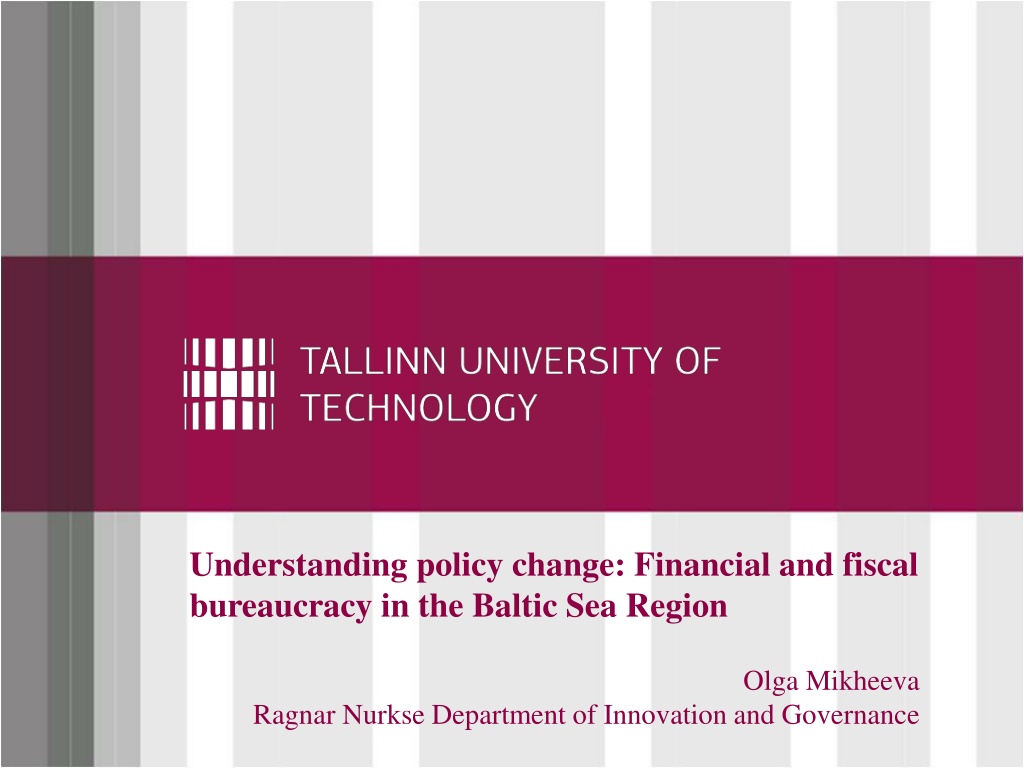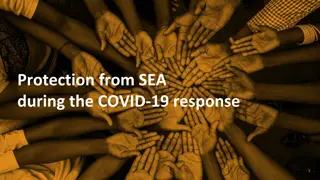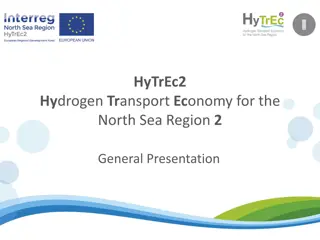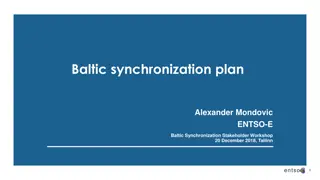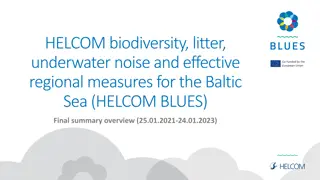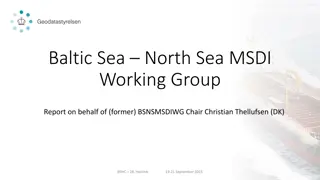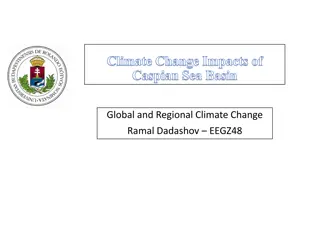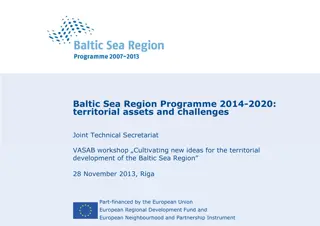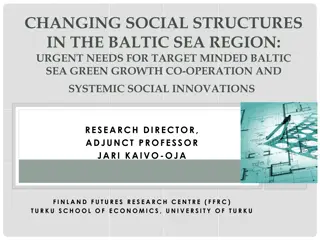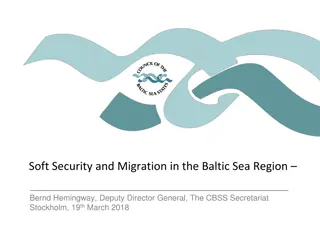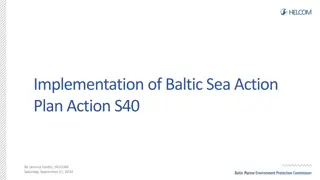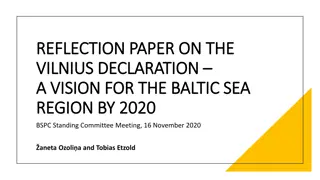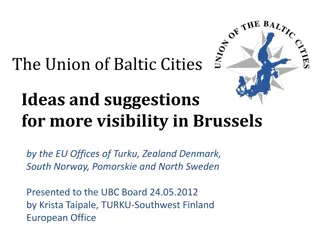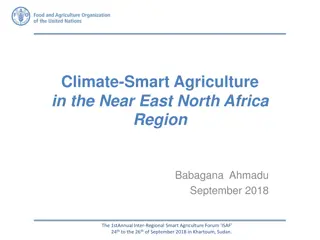Understanding Policy Change in the Baltic Sea Region
Financial and fiscal bureaucracy in the Baltic Sea Region is examined, focusing on micro-level practices and routines within public sector organizations. Case studies from Estonia, Latvia, Sweden, Norway, Lithuania, and Southeast Asia are analyzed to understand the implementation of financial and fiscal policies.
Download Presentation

Please find below an Image/Link to download the presentation.
The content on the website is provided AS IS for your information and personal use only. It may not be sold, licensed, or shared on other websites without obtaining consent from the author. Download presentation by click this link. If you encounter any issues during the download, it is possible that the publisher has removed the file from their server.
E N D
Presentation Transcript
Understanding policy change: Financial and fiscal bureaucracy in the Baltic Sea Region Olga Mikheeva Ragnar Nurkse Department of Innovation and Governance
Understanding policy change: Financial and fiscal bureaucracy in the Baltic Sea Region Understanding micro-level practices and routines within public sector organizations Bridging the gap between macro- and meso- level research and that on micro-level Focus on financial and fiscal bureaucracy (supervision of the management / audit of government s own finances) To understand how implementation is intertwined Case studies: Estonia, Latvia, Sweden and Norway + Lithuania + Southeast Asian context bureaucracy and financial sector and policy ideas and
Partners Norwegian research group: Principal investigator Lars Mj set, University of Oslo Member of the research group Sjur Kasa, Hedmark University College, Bent Sofus Tran y, Hedmark University College, Ingrid Hj rtaker, University of Oslo/Brown University Previous studies on the Nordic varieties of capitalism (Lars Mj set) (comparative historical case studies) Estonian research group (TT ): Project leader Rainer Kattel Main participants Ringa Raudla, Aleksandrs Cepilovs, Egert Juuse, Olga Mikheeva and methodology
Projects operational summary 1.1.2014 31.04.2017 3 project 2-day workshops (Tallinn & Oslo) 3 PhD theses, 3 MA theses 2 summer school visits (UiO) Adjustments in early 2016 Extension & enlargement of Estonian team Extension of empirical base (Southeast Asian case, Lithuania) Conference papers (2015 2017) + Special issue in the Journal of Baltic Studies (2017)
Objective 1. To construct more holistic theoretical framework 2. Administrative dimension complementary to existing theoretical discussion 3. Analytical framework for understanding the evolution and impact of fiscal and financial bureaucracy 4. Empirical case studies of the five (+1) countries
Outcomes Interviews (semi-structured) rich empirical data Estonia 15 Latvia 19 Norway 13 Sweden 11 Lithuania Southeast Asia 6 Publications (theoretical & empirical) Advancing studies of fiscal and financial bureaucracy (analytical framework & typologies) Interconnection between ideas, institutions and discources (incl. policy learning, process of Europeanisation) Administrative dimension to further detect / explain causal mechanisms Interdependence between Eastern and Nordic states in the Baltic region (Baltic-Nordic financial stability partnership, Sweden vs Norway) Historical lesson-drawing (Nordic crisis of the 90s)
